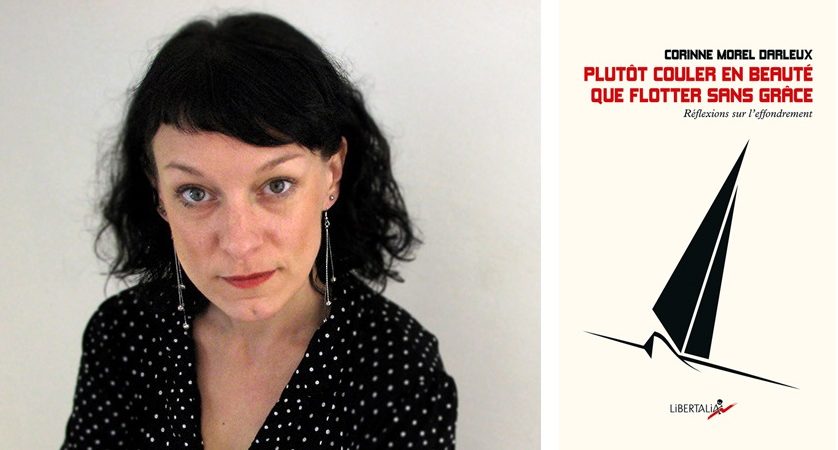There is an organic link between exposure to beauty and its power to emancipate and dignify, as William Morris describes it when he says that he wants to “extend the meaning of the word art to embrace the configuration of all the external aspects of our lives,” convinced that “there is nothing that participates in our environment that is not beautiful or ugly, that does not ennoble or degrade us”. It is this same link that Élisée Reclus claims when he writes that “where the land has grown ugly, where all poetry has disappeared from the landscape, imaginations die out, spirits become impoverished, then routine and servility take hold of souls and dispose them to torpor and death”. Aesthetic claims, whether architectural, artistic or cultural, are not some peripheral aspects of politics. Just as one can do the revolution in heels, dance in the rain or adorn one’s lips with red to attend a trial, it is not a matter of chasing away pleasure or voluptuousness. Just as ecological sincerity is not about shivering in an itchy jumper, ideological purity is not measured by deprivation. Giving an austere and sullen speech is not always a token of seriousness. Forgetting one’s femininity does not necessarily serve the feminist cause. And cutting off the political talk from what inspires the mind is the best way to isolate oneself from those to whom one wants to turn to. This is why we need to combine artistic creation, environmental concern and social criticism further. Because without a body, sight, touch or perfume, politics is devoid of what makes the most beautiful part of the human being, that is, his or her capacity to experience and transcribe what has been felt in order to share it. Deprived of its senses, politics is nothing more than a disembodied, lunar and, by extension, deserted discourse. At the crossroads between dignity and aesthetics, and against the theories of the immateriality of the soul, there is probably here again a new form of hedonistic spirituality to be explored.

